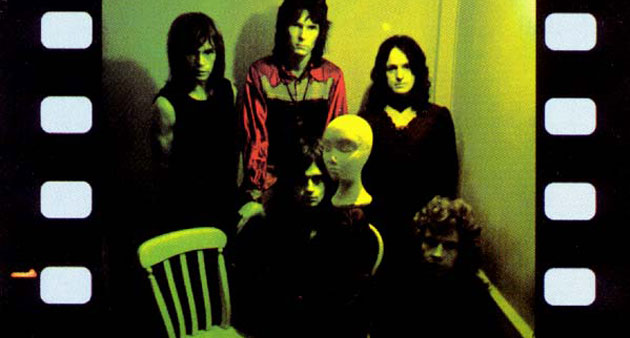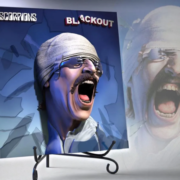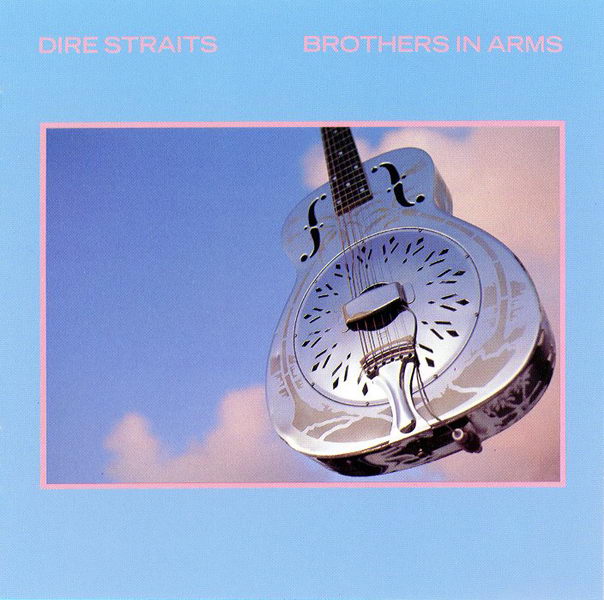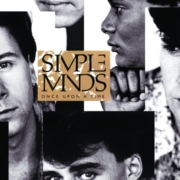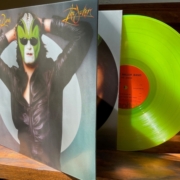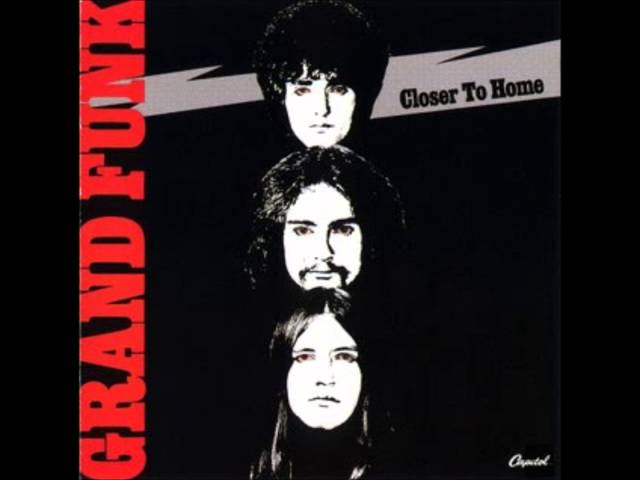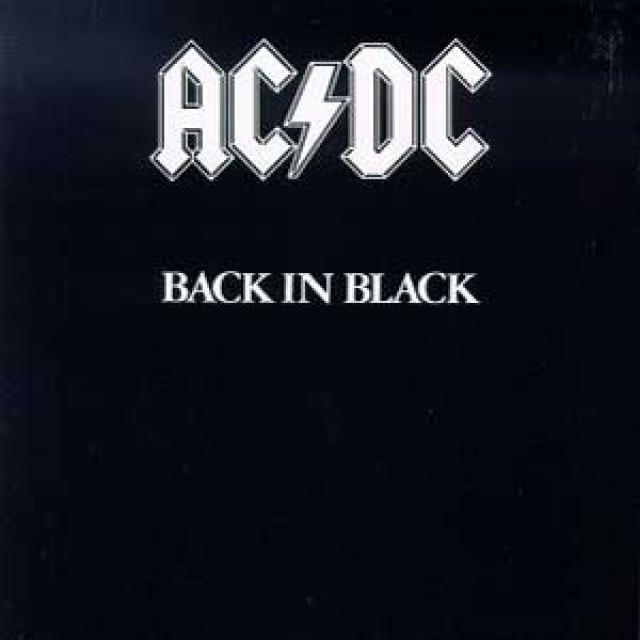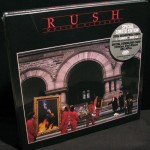YES- The YES Album- Jon Anderson, Tony Kaye, Steve Howe, Bill Bruford
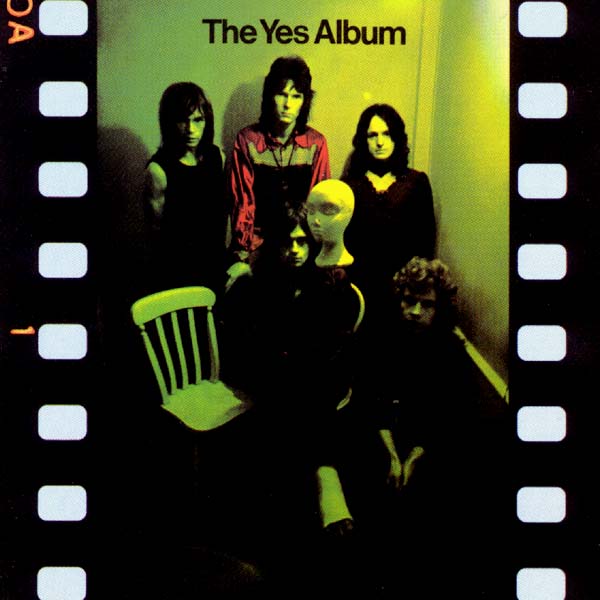 The third effort by London’s YES, simply titled The YES Album in February 1971, remains a progressive rock touchstone. If the British Invasion bands led by The Beatles and Rolling Stones wanted to be rock’n’roll’s second verse after “Be Bop a Lula” and “Maybe Baby”, then London’s King Crimson, Emerson Lake and Palmer, and YES were determined to be rock’s “C” section, the musical bridge which takes the listener somewhere unexpectedly before returning to the familiar refrain. “I was very lucky, because when I first started working with Chris Squire, Tony Kaye, Peter Banks, and Bill Bruford, there definitely was a feeling that we were all experimenting,” YES lead singer/lyricist Jon Anderson recalled to me. “It was a very great time in London for experimenting around 1968-69. The five major bands that came out of that time were King Crimson, Emerson Lake and Palmer, Deep Purple, Led Zeppelin, and YES. These were groups of people unbeknownst to each other that were doing very similar activity. Nobody really knew what each other’s groups were doing.”
The third effort by London’s YES, simply titled The YES Album in February 1971, remains a progressive rock touchstone. If the British Invasion bands led by The Beatles and Rolling Stones wanted to be rock’n’roll’s second verse after “Be Bop a Lula” and “Maybe Baby”, then London’s King Crimson, Emerson Lake and Palmer, and YES were determined to be rock’s “C” section, the musical bridge which takes the listener somewhere unexpectedly before returning to the familiar refrain. “I was very lucky, because when I first started working with Chris Squire, Tony Kaye, Peter Banks, and Bill Bruford, there definitely was a feeling that we were all experimenting,” YES lead singer/lyricist Jon Anderson recalled to me. “It was a very great time in London for experimenting around 1968-69. The five major bands that came out of that time were King Crimson, Emerson Lake and Palmer, Deep Purple, Led Zeppelin, and YES. These were groups of people unbeknownst to each other that were doing very similar activity. Nobody really knew what each other’s groups were doing.”
In Fall 1987 YES was still surfing the crest of a wave of resurgent popularity which had begun four years earlier with the comeback album of the decade, 90125. At the time they were touring Texas, playing arenas in support of the follow up album Big Generator. YES prodigal keyboard player Tony Kaye had returned after a long dozen year layoff, so we took advantage of that fact backstage in Dallas in discussing the group’s third album on which he played way back in 1971 , The YES Album. We then traveled to Houston to interview lead singer Jon Anderson and bass player/singer Chris Squire on a night off. 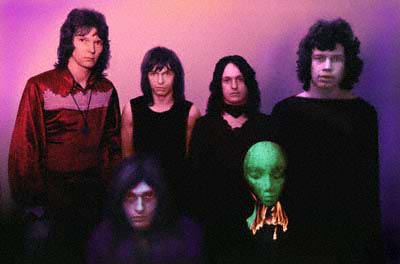 Anderson was marvelous, animated and eager, while Squire had too much wine at dinner and ended up sounding like Dudley Moore in the movie Arthur, so we salvaged what we could. Drummer extraordinaire Bill Bruford and then-new guitarist Steve Howe also share delightful memoirs in these classic rock interviews of the progressive rock cornerstone The YES Album. –Redbeard
Anderson was marvelous, animated and eager, while Squire had too much wine at dinner and ended up sounding like Dudley Moore in the movie Arthur, so we salvaged what we could. Drummer extraordinaire Bill Bruford and then-new guitarist Steve Howe also share delightful memoirs in these classic rock interviews of the progressive rock cornerstone The YES Album. –Redbeard

